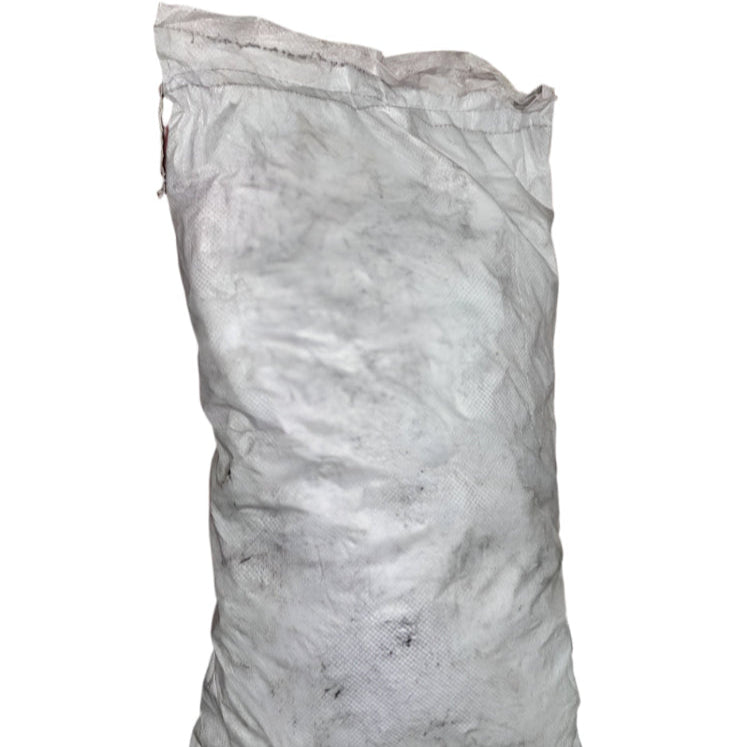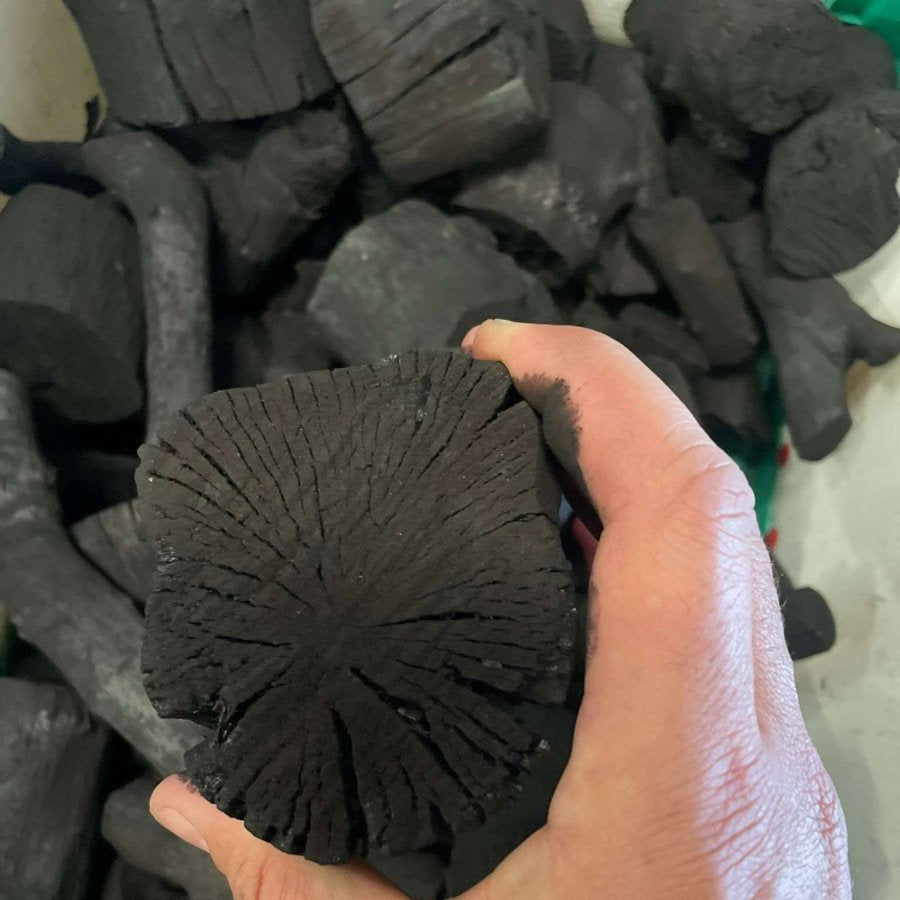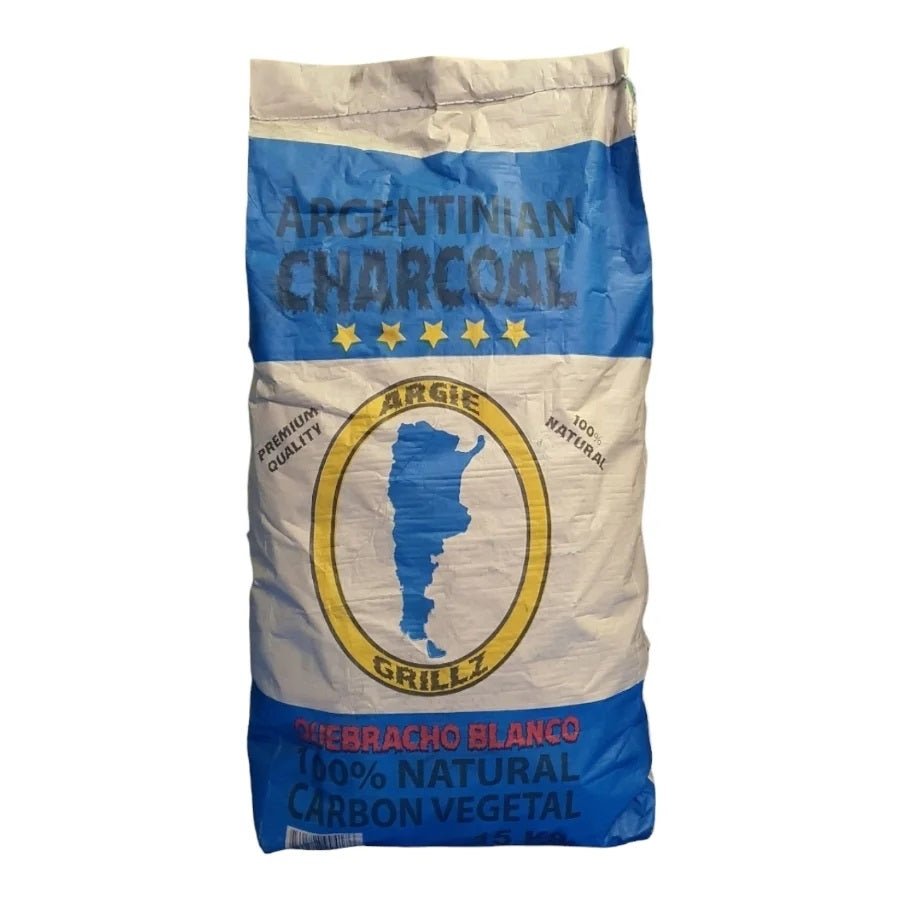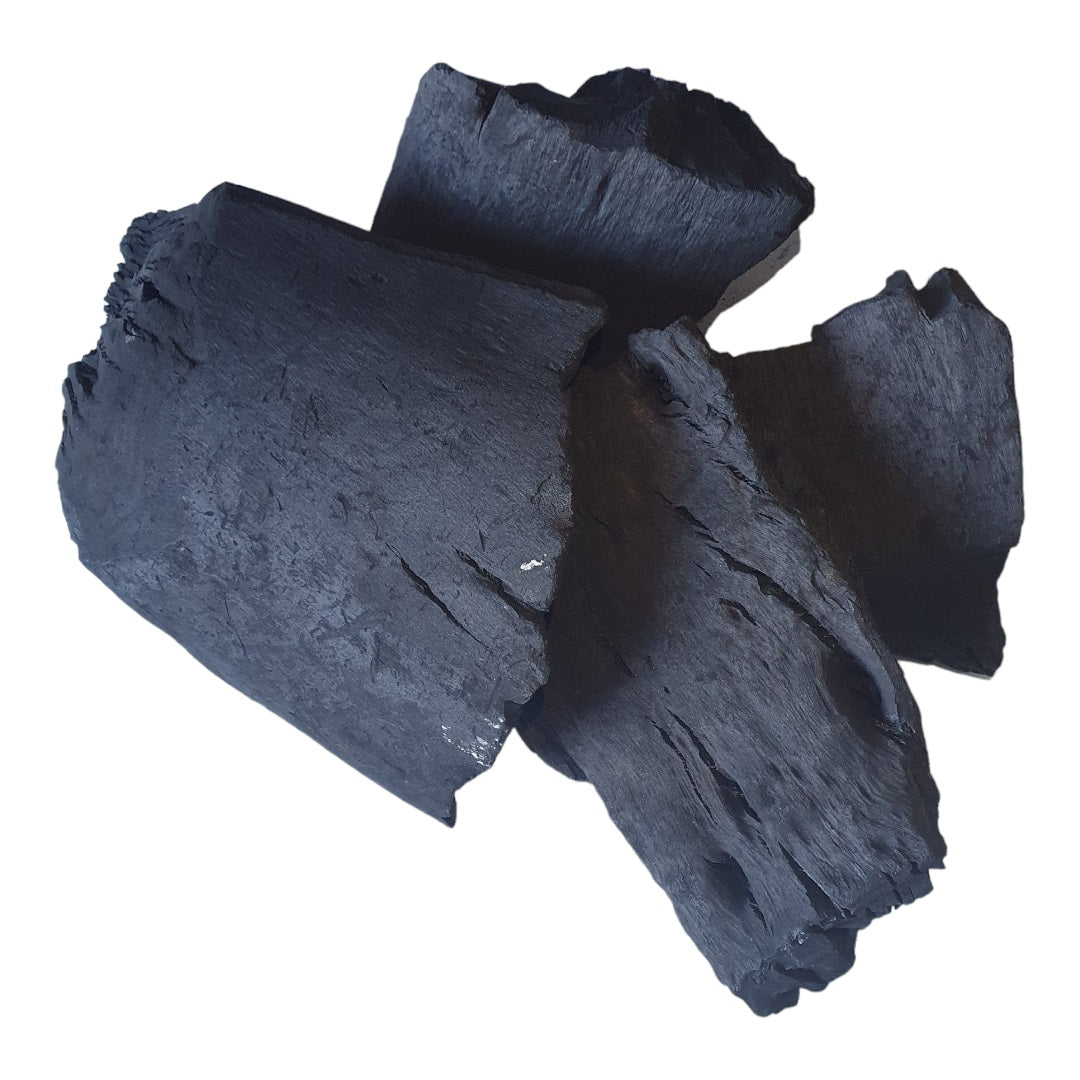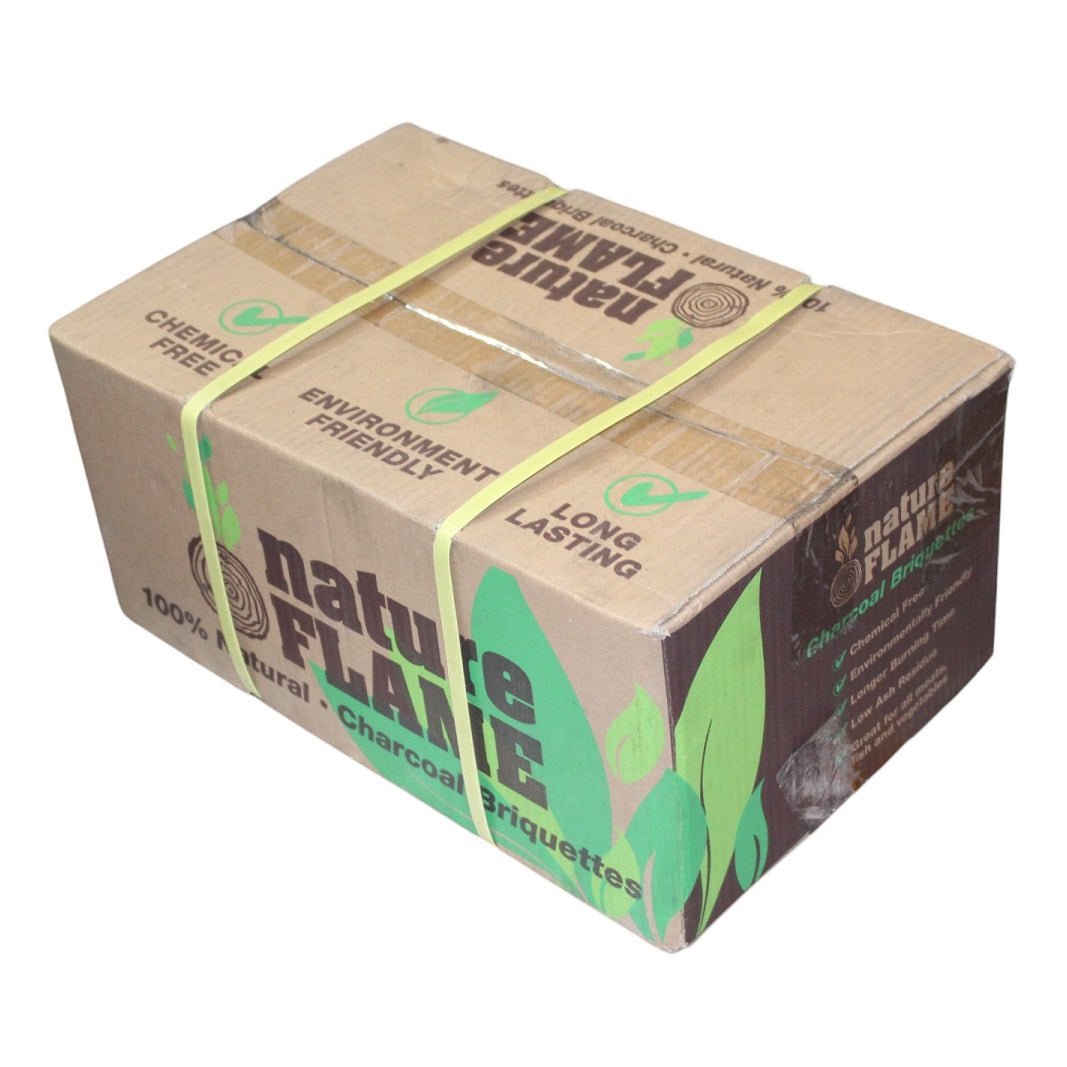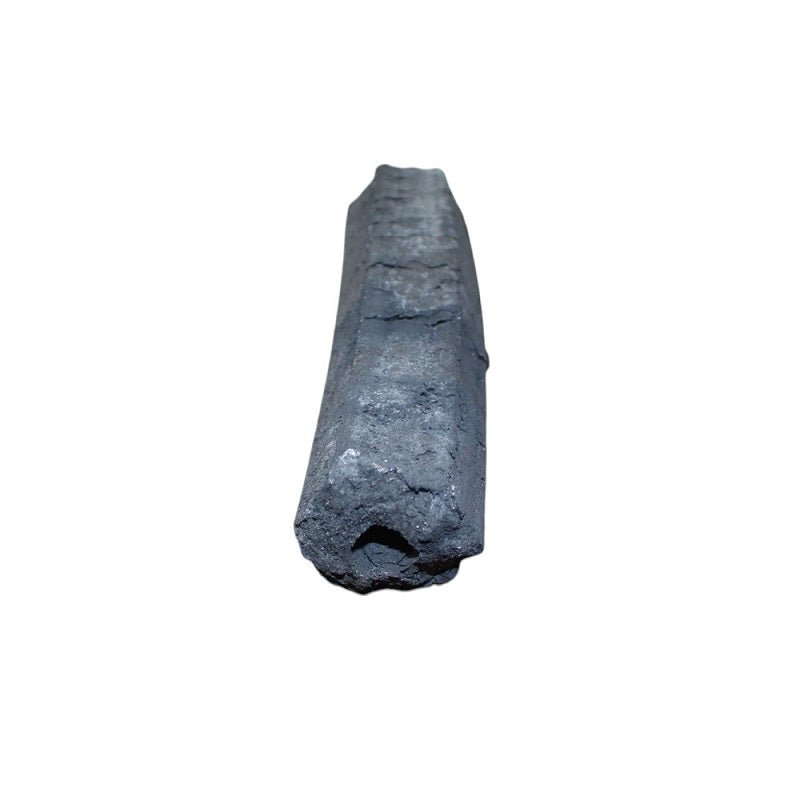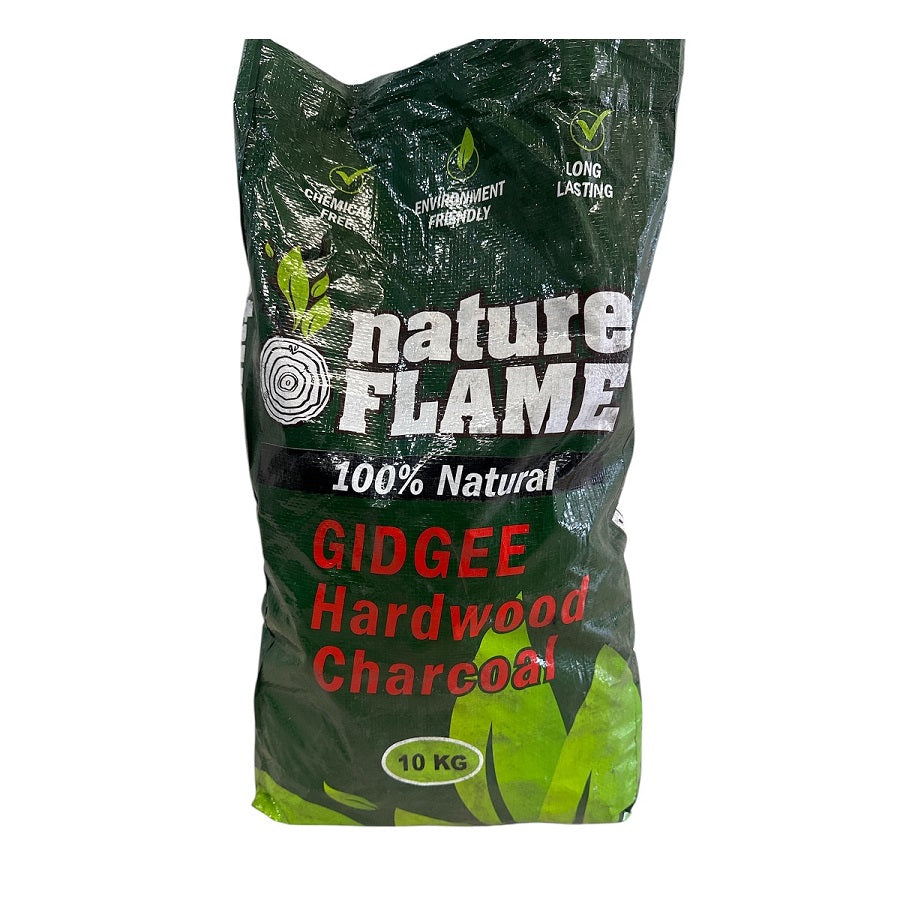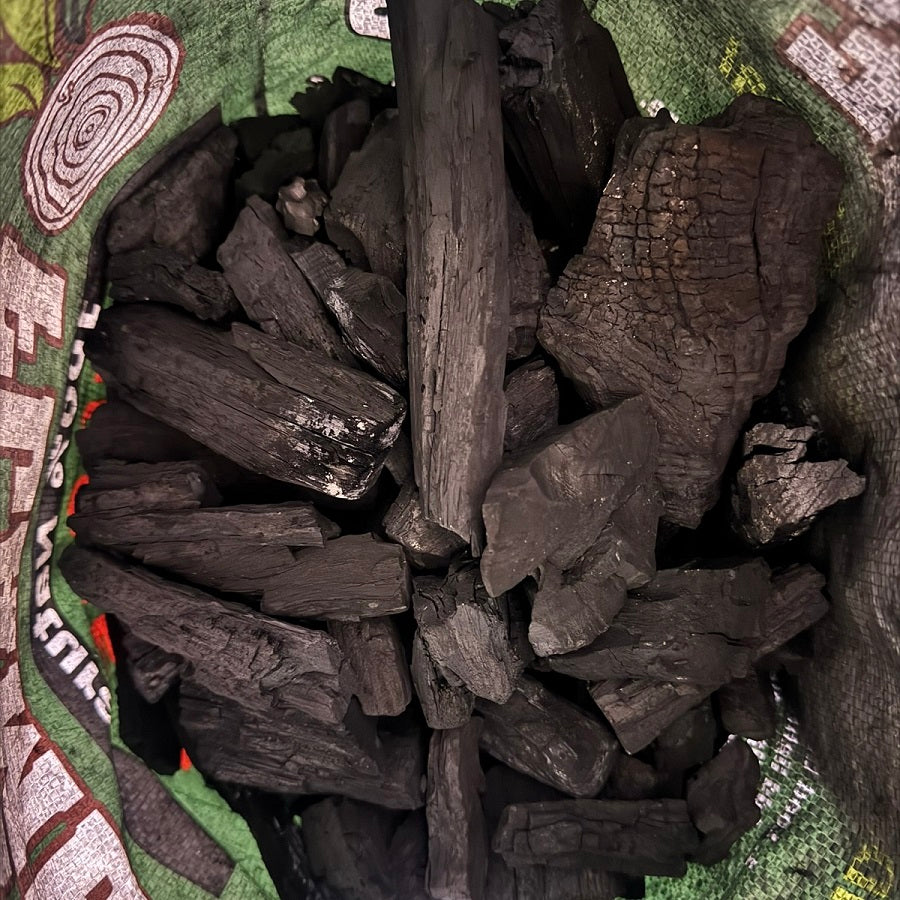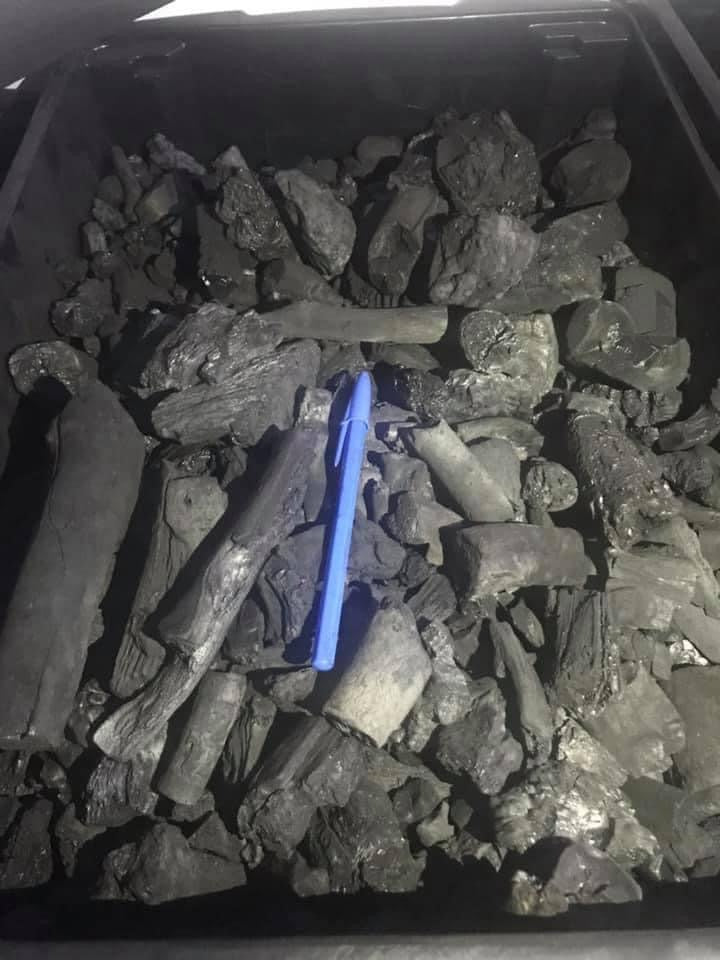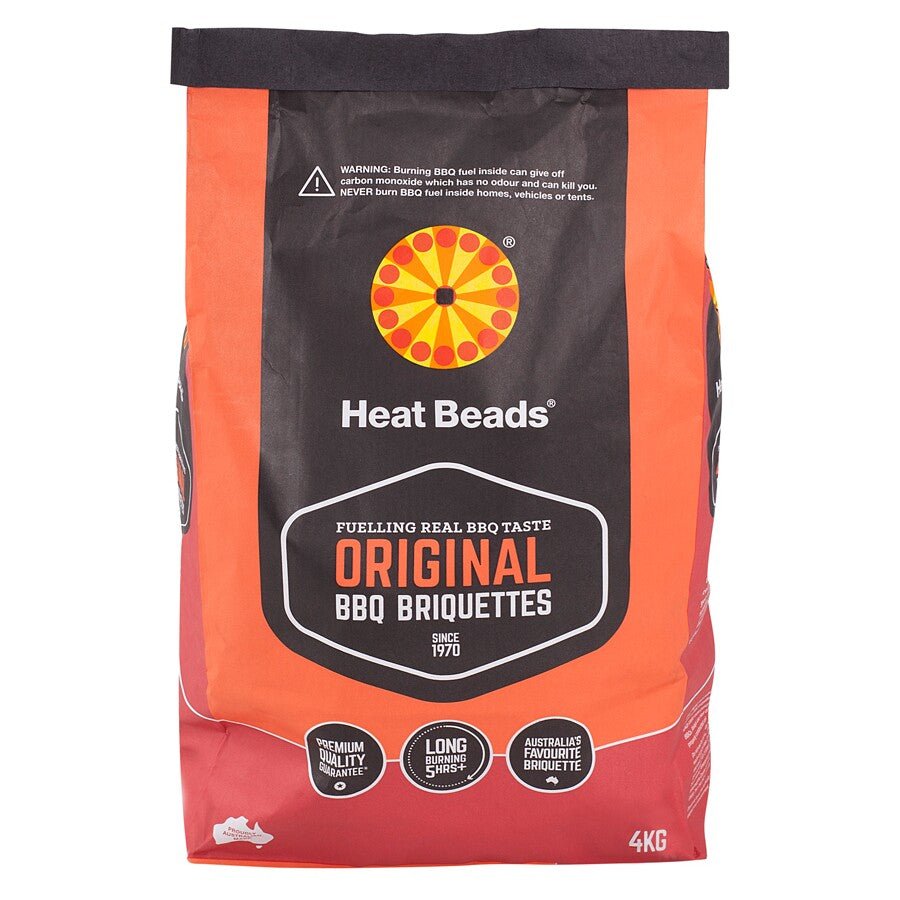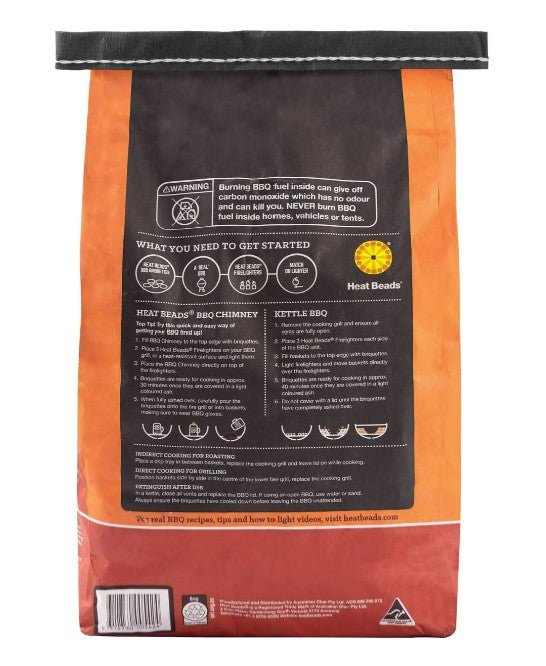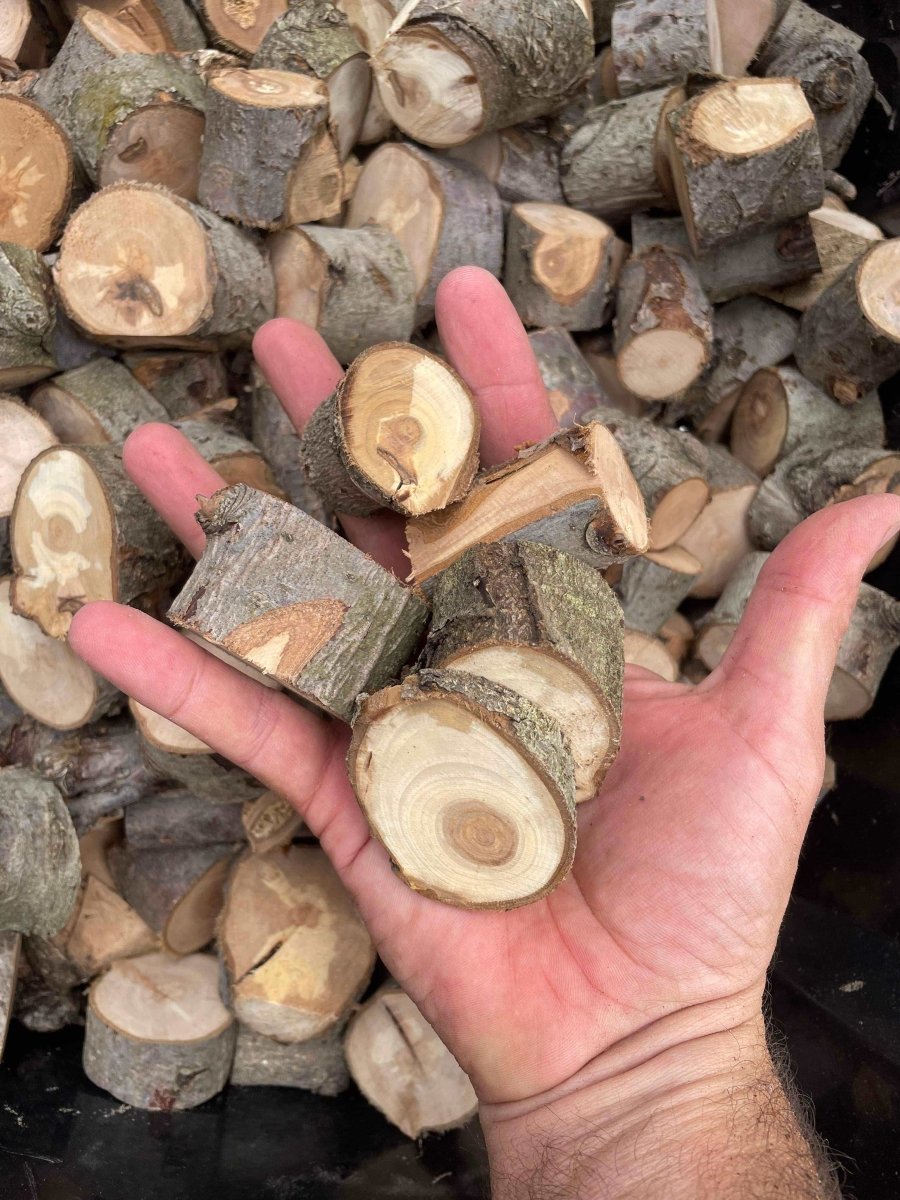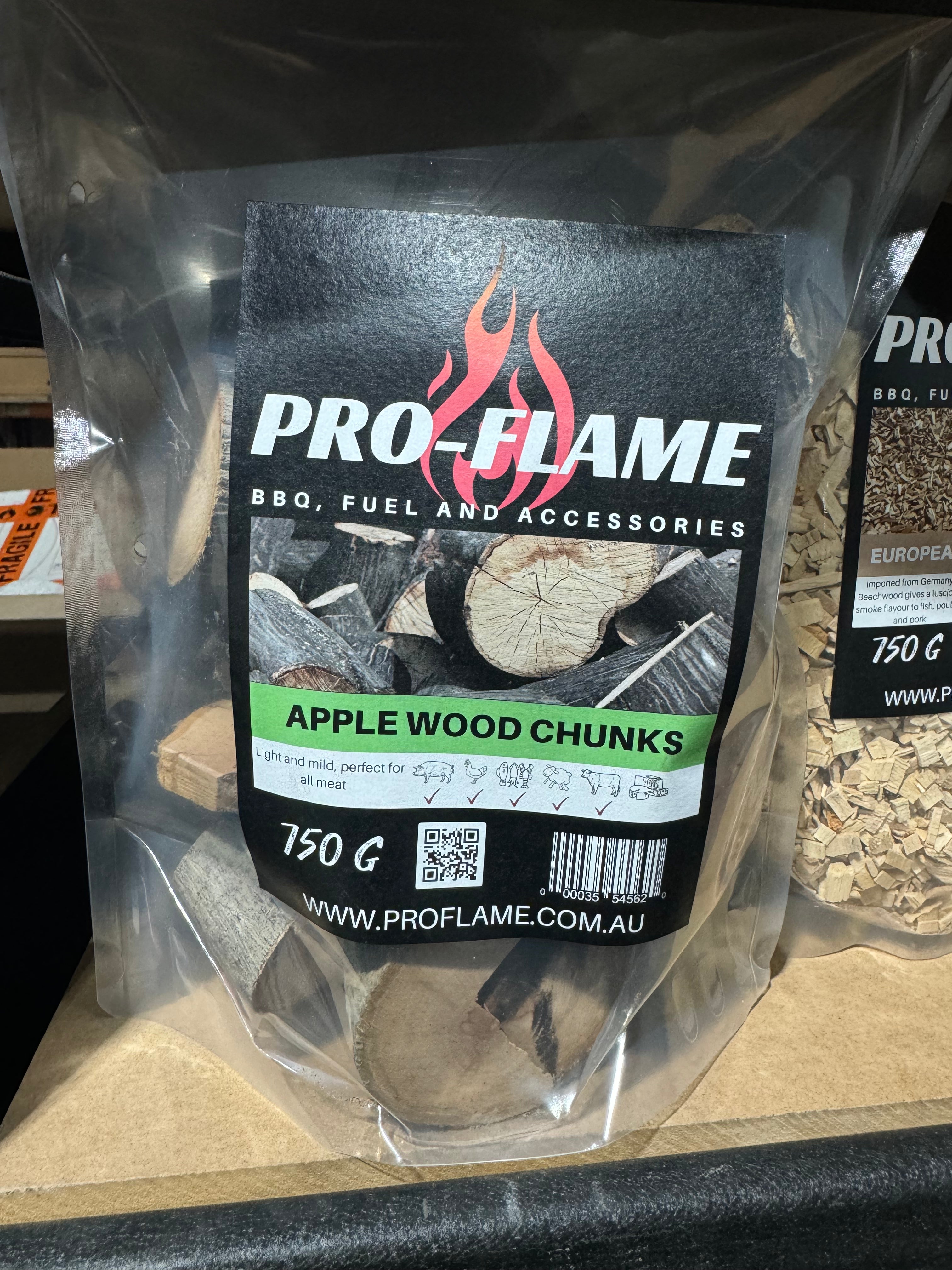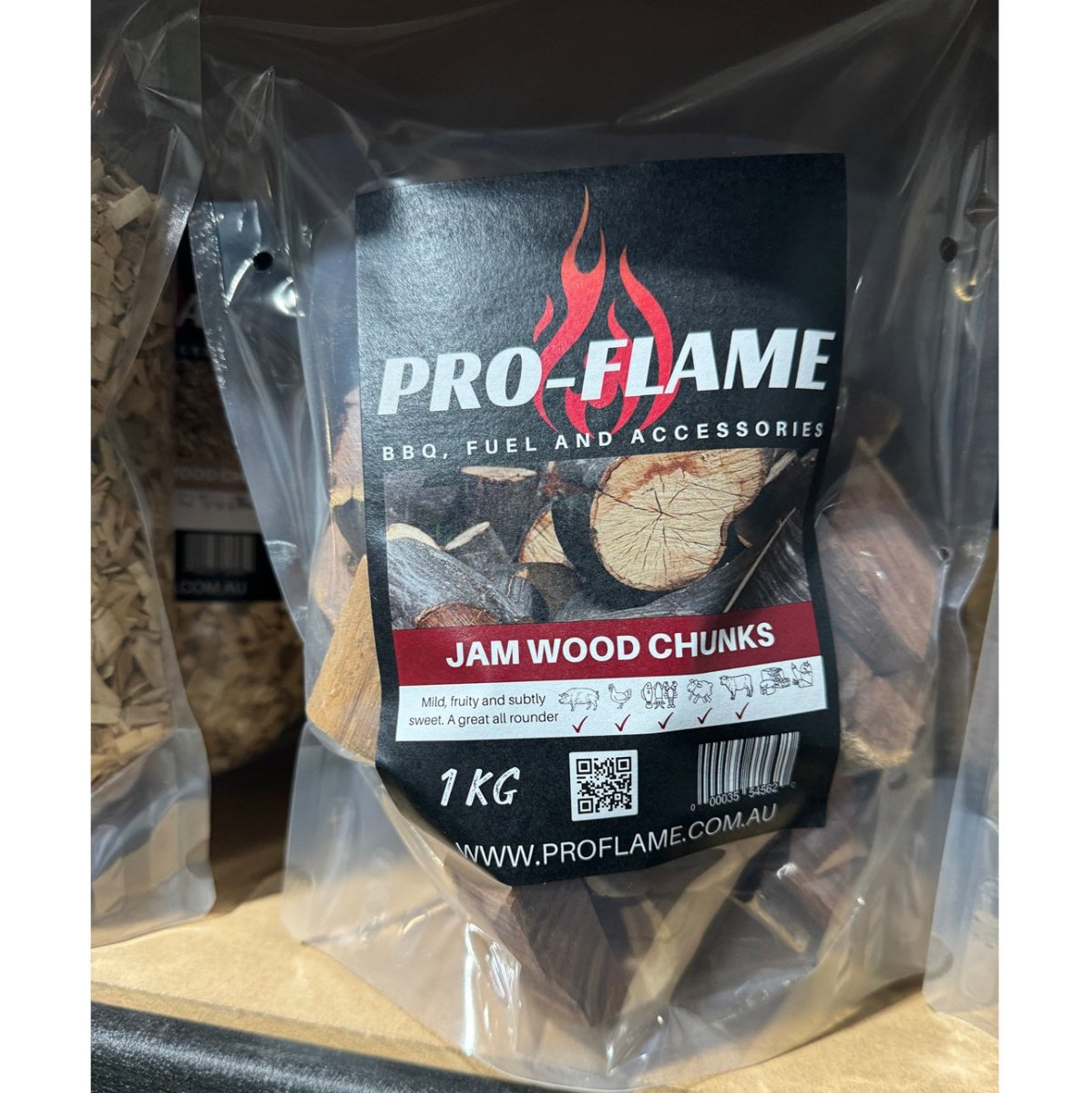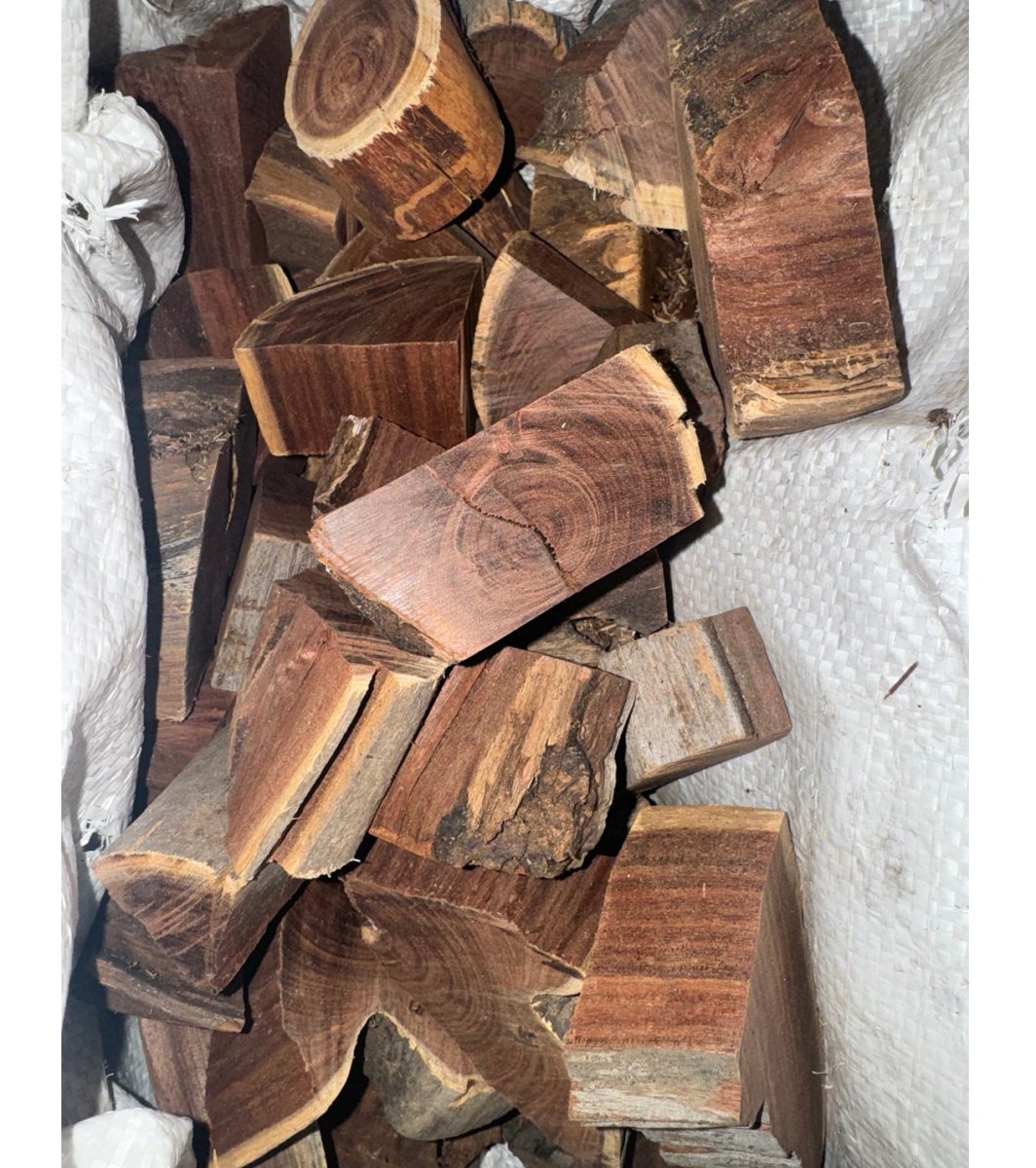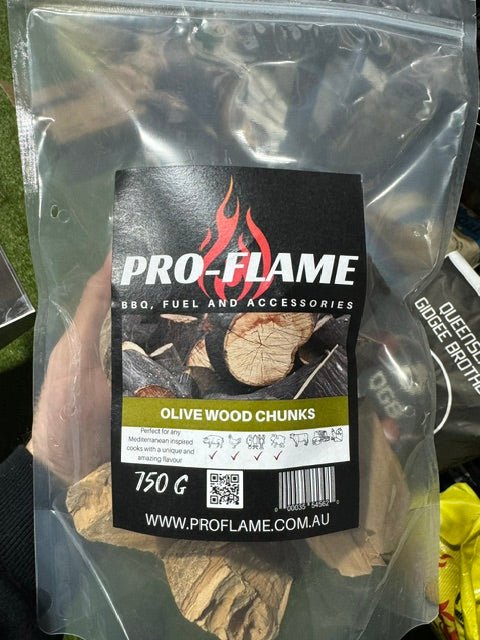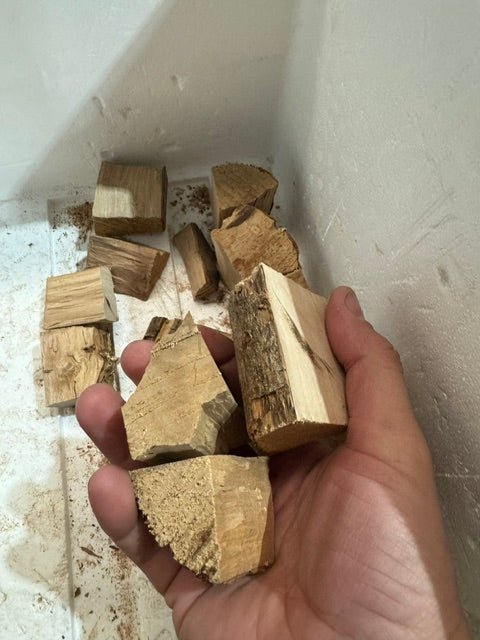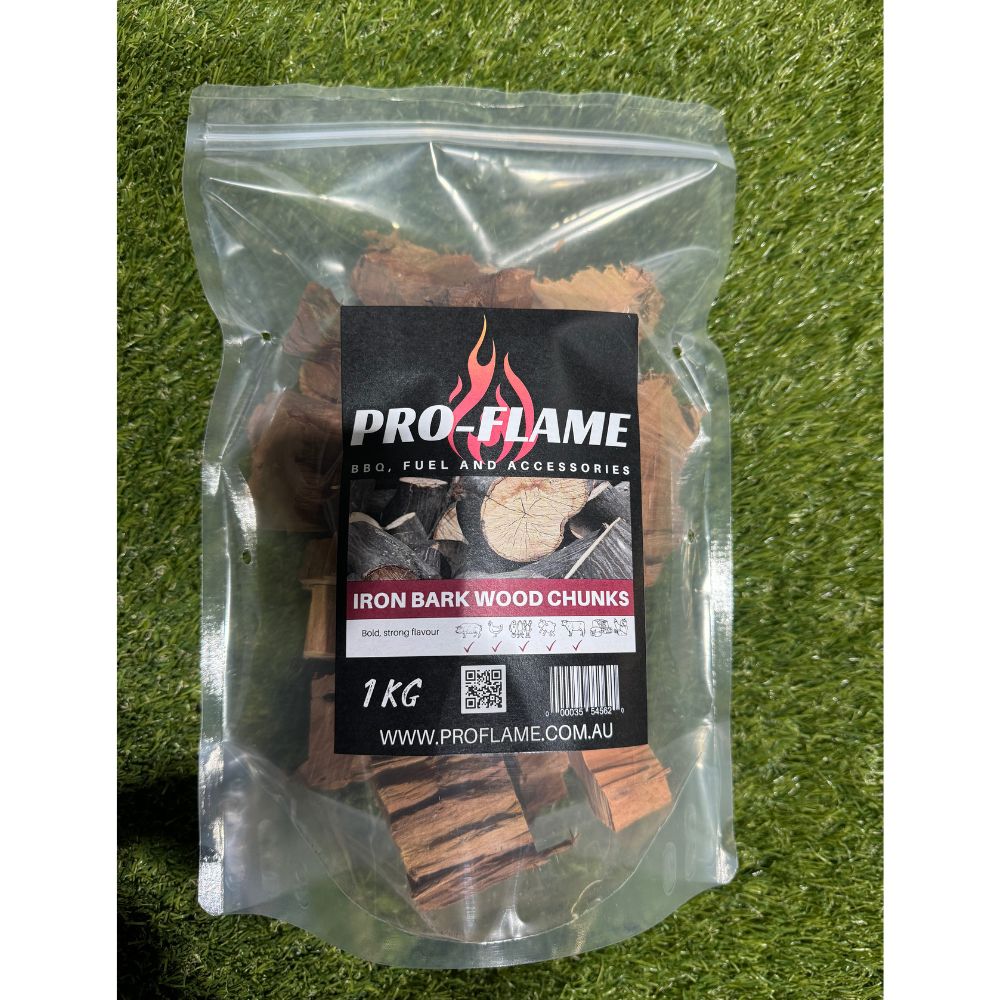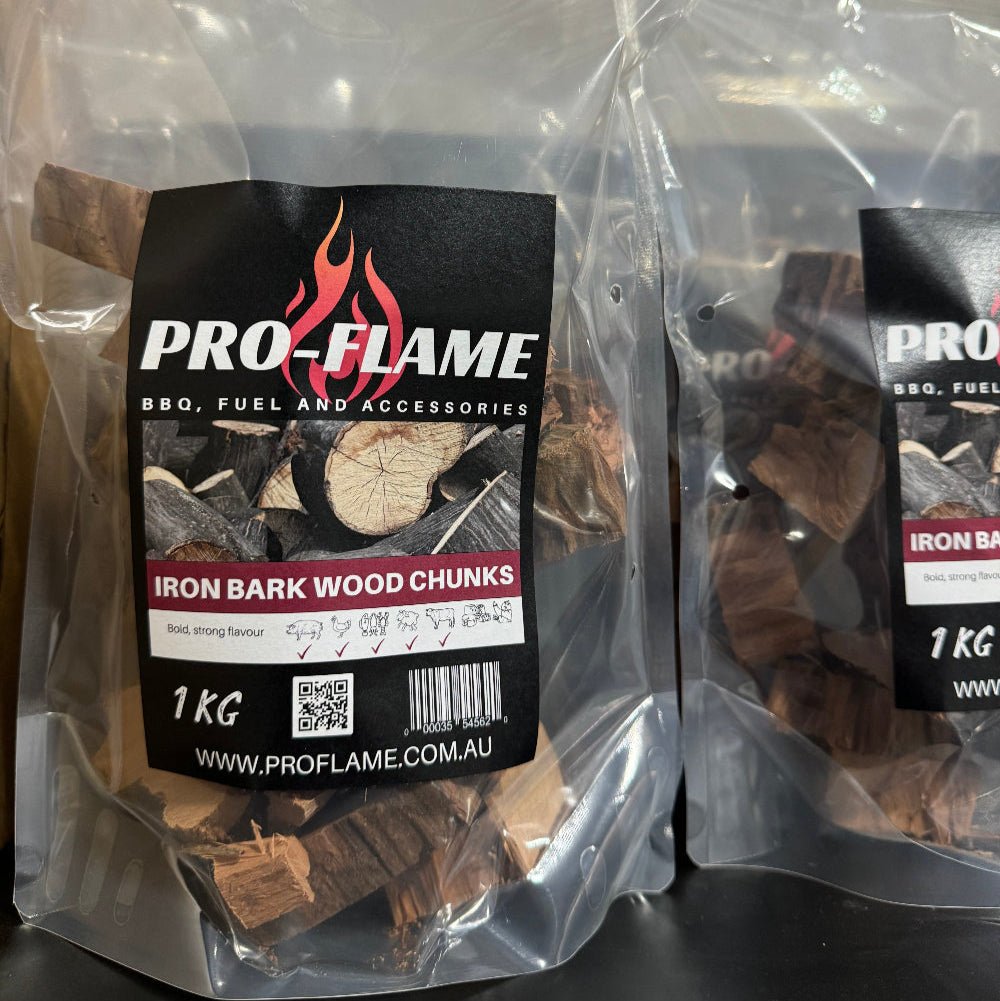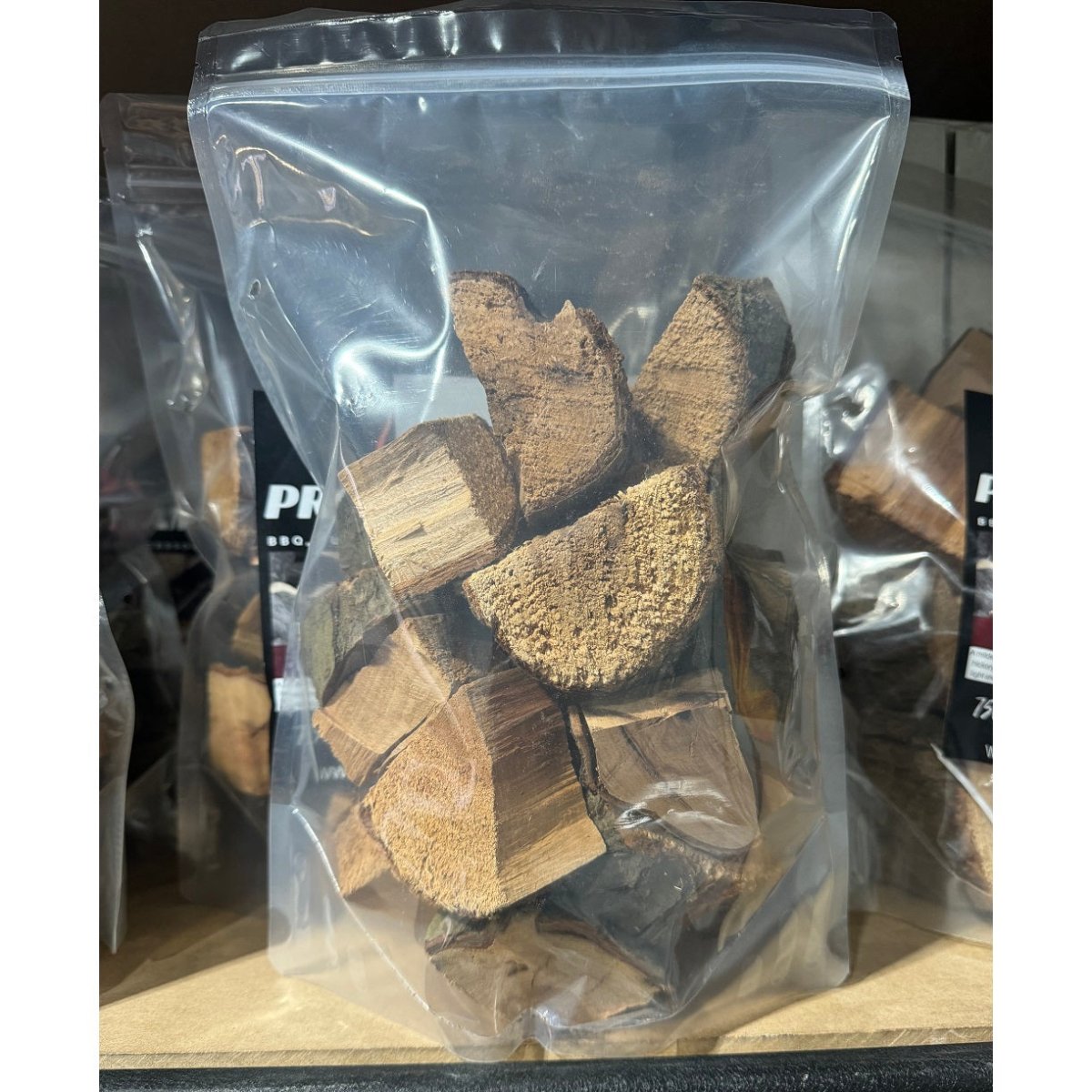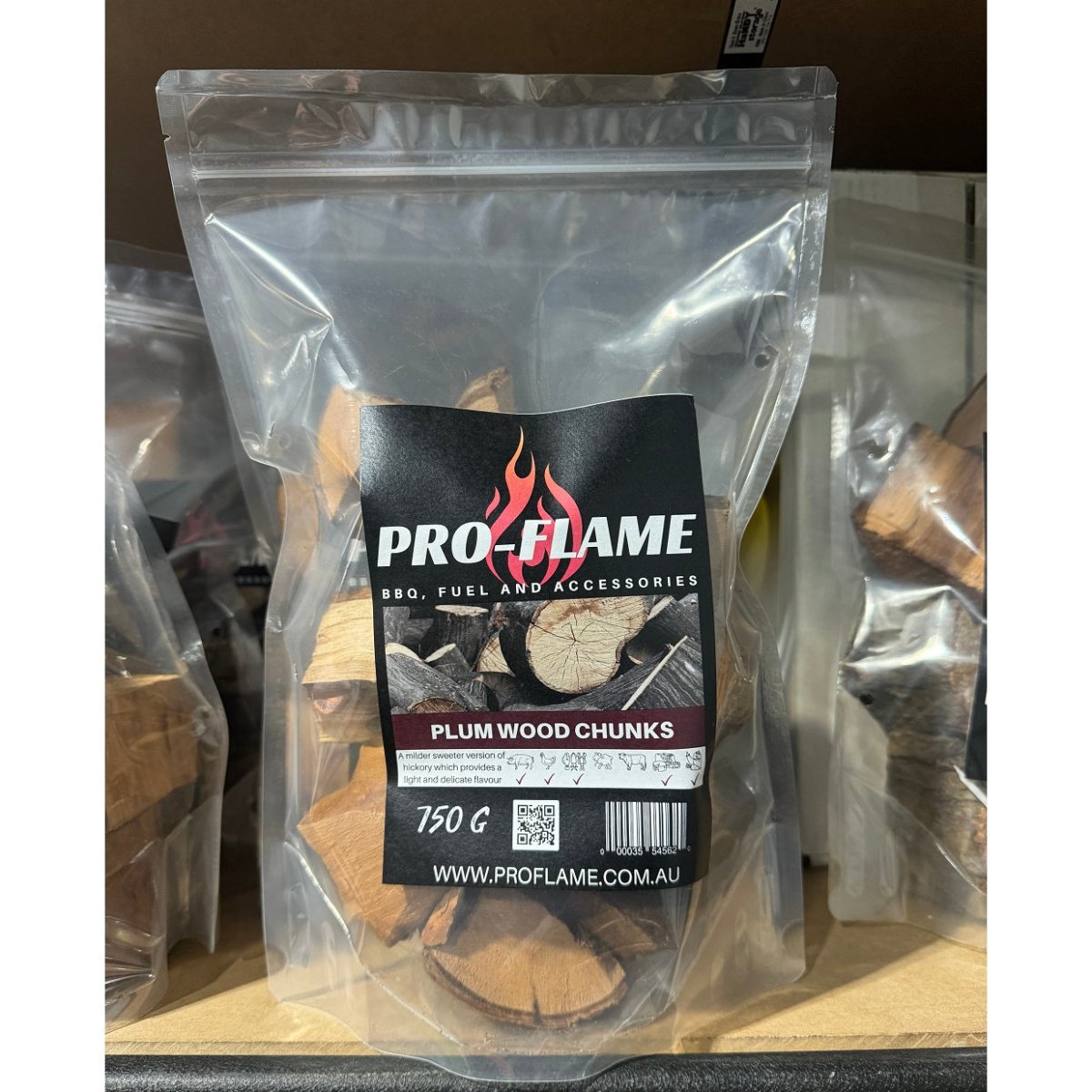Barbecue enthusiasts know that the choice of fuel can significantly impact the flavour, cooking time, and overall experience of a BBQ session. Whether you're a seasoned pitmaster or a casual griller, understanding the nuances of different BBQ fuels can elevate your grilling game. Together, we'll explore the various types of BBQ fuels, including their characteristics, benefits, and best uses.
Charcoal: The Traditionalist's Choice
Charcoal is perhaps the most traditional and widely used BBQ fuel, cherished for the smoky flavor it imparts to food. There are two main types of charcoal: lump charcoal and charcoal briquettes.
Lump Charcoal
Lump charcoal is made from hardwood and is prized for its purity and ability to burn hot and fast. It lights quickly and burns cleaner than briquettes, producing less ash. The irregular shapes of lump charcoal pieces can make it challenging to create a consistent cooking temperature, making it better suited for experienced grillers who can manage the heat.
Charcoal Briquettes
Briquettes are made from compressed charcoal dust mixed with binders and sometimes additives to aid in ignition. They offer a more consistent shape and size than lump charcoal, leading to more predictable and even cooking temperatures. However, some purists argue that additives in briquettes can impart unwanted flavors to the food.
Charcoal Options
Charcoal Options
Gas: The Convenience King
Gas grills, using either propane or natural gas, are cherished for their convenience and ease of use. They offer precise temperature control and a clean burn, with minimal preparation and clean-up required.
Propane
Propane is the more common gas used in portable and standalone grills. It's stored in refillable tanks that can be easily attached to your grill, making it an excellent option for both home and on-the-go grilling.
Natural Gas
Natural gas grills are connected to your home's gas supply, offering the convenience of an endless fuel supply. They're a great choice for avid grillers, though the initial setup may require professional installation.
Wood: The Flavour Enhancer
Cooking with wood can infuse your food with a range of smoky flavours, depending on the type of wood used. Hardwoods like oak, hickory, mesquite, and fruitwoods (apple, cherry) are popular choices, each imparting its unique flavour profile.
Logs and Wood Chunks
Ideal for smokers and larger BBQ pits, logs and wood chunks burn slowly and release a steady stream of smoke, perfect for low-and-slow cooking methods.
Wood Chips
Wood chips are best suited for adding a smoky flavour to foods on charcoal or gas grills. They're often soaked in water before use to slow down the burning process and produce more smoke.
Smoking Wood Chips & Chunks
Pellets: The Modern Twist
Pellet grills have gained popularity for their ease of use and the unique flavour they offer. BBQ pellets are made from compressed hardwood sawdust and come in various flavours, similar to wood chips.
BBQ Pellets
Pellets provide a consistent burn and temperature, making them ideal for both grilling and smoking. They're specifically designed for use in pellet grills, which automatically feed the pellets into the fire, maintaining a steady cooking temperature.
Featured collection
Electric: The Urban Solution
Electric grills are the go-to option for those with limited outdoor space or restrictions on open flames, such as apartment balconies. While they might not offer the traditional smoky flavor, electric grills excel in convenience and ease of use.
Electric Elements
These grills use electric heating elements to cook food, allowing for precise temperature control. Some models include wood chip trays for adding a touch of smoky flavor.
Sustainable BBQ Fuels: The Green Evolution
In an era where environmental consciousness is more critical than ever, the grilling world is also seeing a shift towards more sustainable practices. This movement is not just about reducing the carbon footprint but also about embracing fuels that are renewable, have a lower environmental impact, and contribute to a more sustainable future. Let's delve into some of the eco-friendly BBQ fuel options that are gaining popularity among environmentally conscious grillers.
Biomass Briquettes: An Eco-Friendly Alternative
Biomass briquettes are an innovative solution crafted from organic waste materials such as agricultural residues, sawdust, or even recycled paper. These briquettes are carbon-neutral, meaning they release only as much carbon dioxide when burned as the plants absorbed during their growth. This makes them a more sustainable alternative to traditional charcoal briquettes, which often involve deforestation and higher carbon emissions. Biomass briquettes burn efficiently and cleanly, offering a guilt-free grilling experience without compromising on flavour.
Solar-Powered Grilling: Harnessing the Sun's Energy
The concept of solar-powered grilling might sound futuristic, but it's a reality that's becoming more accessible. Solar grills and cookers use reflective materials to concentrate sunlight onto a cooking area, generating enough heat to grill food. This method is entirely renewable, relying on the abundant energy of the sun, and emits no pollutants. While solar grilling might be more dependent on weather conditions and less familiar to traditional grillers, it represents a significant step towards truly sustainable cooking methods.
Ethanol: Clean Burning and Renewable
Ethanol, a biofuel derived from plant materials like corn or sugarcane, is another sustainable fuel option for grills. Ethanol burns very cleanly, producing minimal soot and harmful emissions compared to fossil fuels. Some modern grills are designed to run on ethanol, providing an efficient and eco-friendly grilling experience. The use of ethanol as a BBQ fuel aligns with broader efforts to shift away from petroleum-based products and towards renewable energy sources.
The Role of Technology in Sustainable Grilling
Technological advancements are playing a crucial role in making sustainable grilling more practical and appealing. Innovations such as more efficient pellet grills, biofuel processing methods, and even smart grills that optimise fuel consumption are contributing to a greener grilling culture. These technologies not only reduce the environmental impact of BBQs but also enhance convenience and performance, making sustainable grilling an attractive choice for the modern griller.
Embracing Sustainability in Our Grilling Practices
As we explore these sustainable BBQ fuel options, it's essential to consider our overall grilling practices. Using locally sourced, sustainable fuels, minimising waste, and choosing energy-efficient grilling equipment can all contribute to a more environmentally friendly BBQ experience. By making conscious choices about the fuels we use and how we grill, we can enjoy the pleasures of outdoor cooking while also taking care of our planet.
As the BBQ community continues to evolve, the shift towards sustainable fuels and practices is becoming more pronounced. By embracing these eco-friendly options, we're not just enhancing our grilling experience; we're also contributing to a more sustainable and responsible culinary culture. Let's continue to explore and support sustainable BBQ fuels as we look towards a greener future in grilling.
Experiment and Enjoy
Each BBQ fuel type offers its unique set of advantages, flavours, and cooking experiences. Your choice of fuel will depend on your personal preferences, the specific dish you're cooking, and the equipment you have. Don't be afraid to experiment with different fuels and techniques to discover what works best for you and your taste buds. Happy grilling!
Shop All BBQ FuelYou may also like
View allPizza Ovens Are the New Backyard Status Symbol
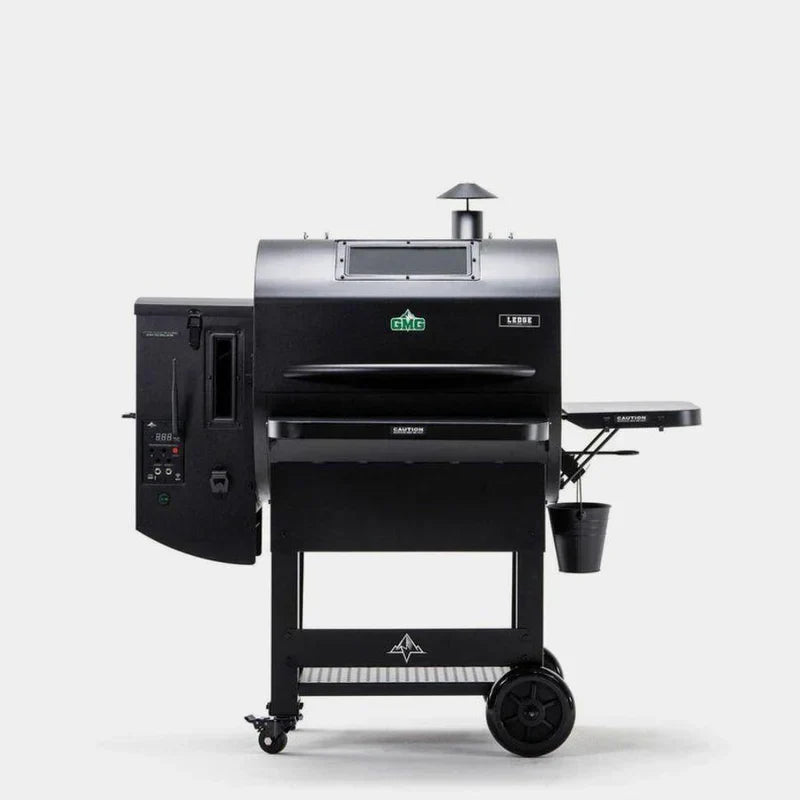
Pellet vs Electric Smokers: Choosing the Right Smoker for Your BBQ Style
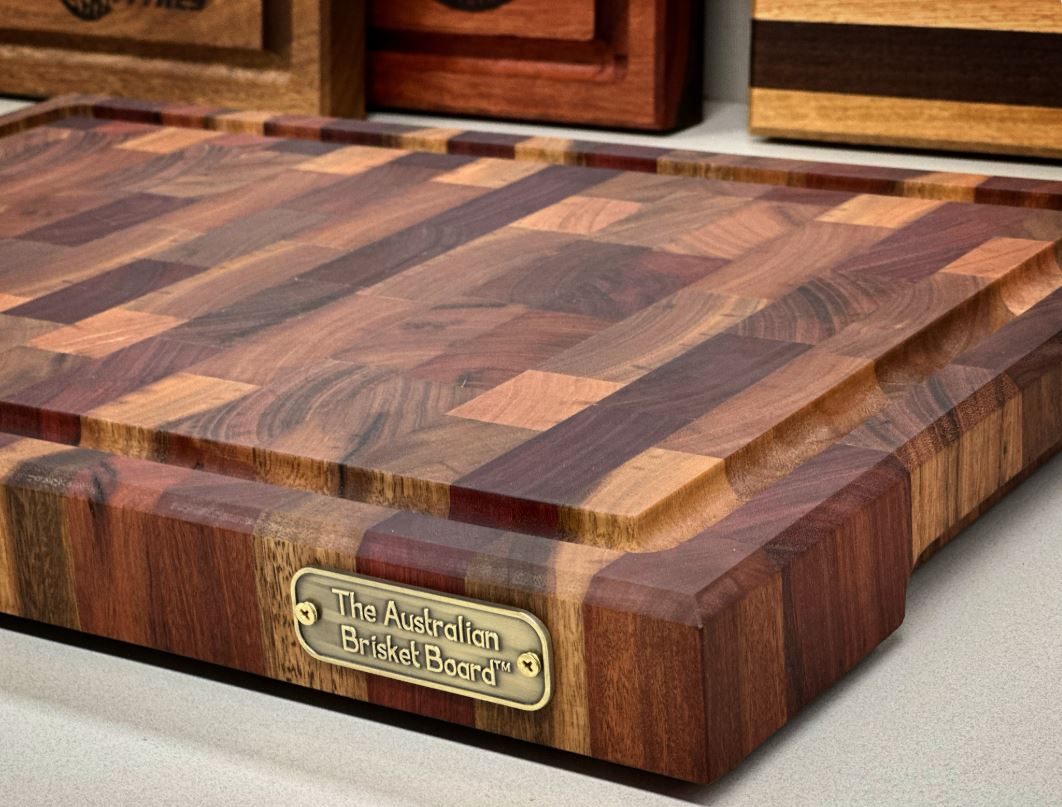
Caring For Your Chopping Board
Learn how to clean, maintain, and protect your chopping board for long-lasting use. Keep it in top shape with expert care tips and Board Butter treatment.


